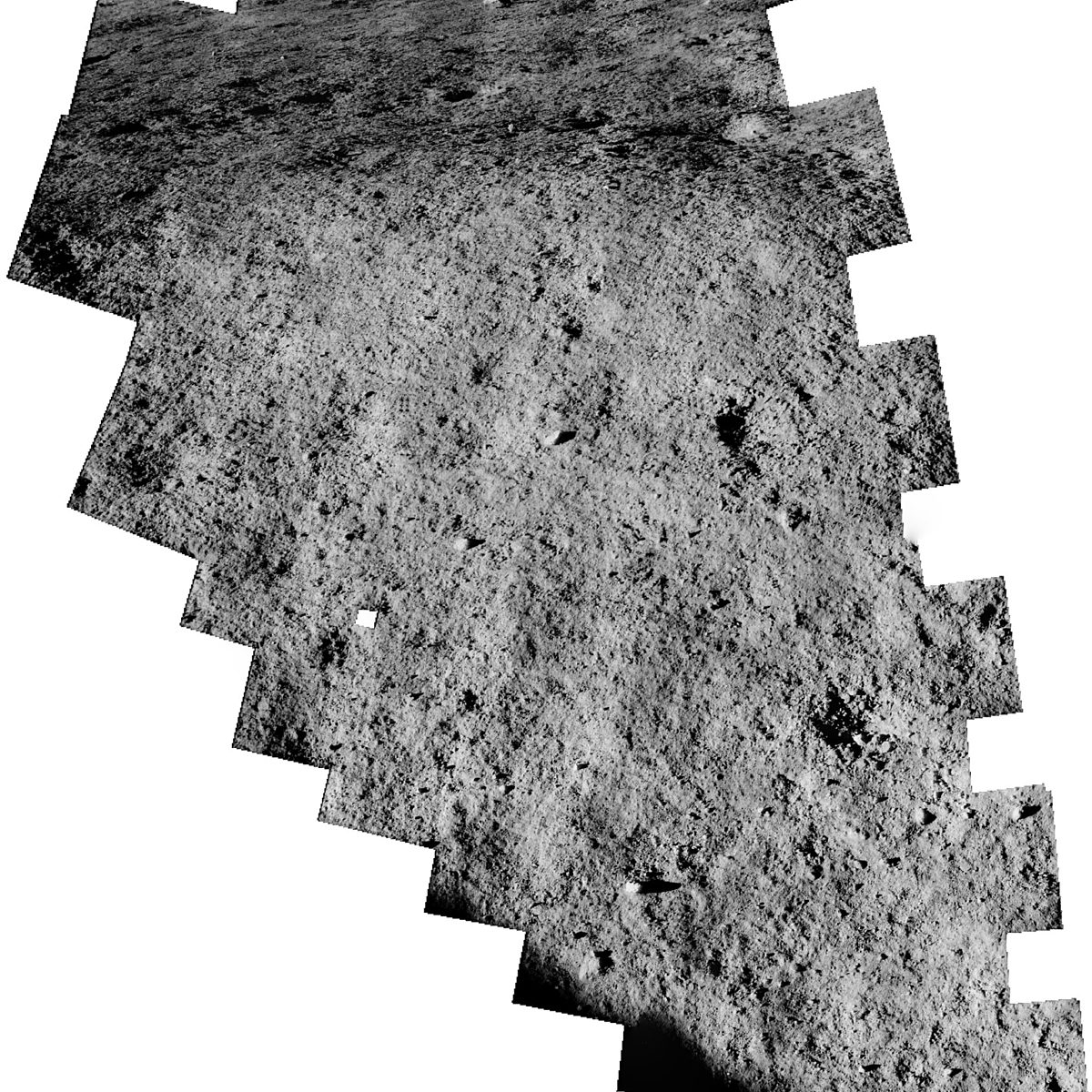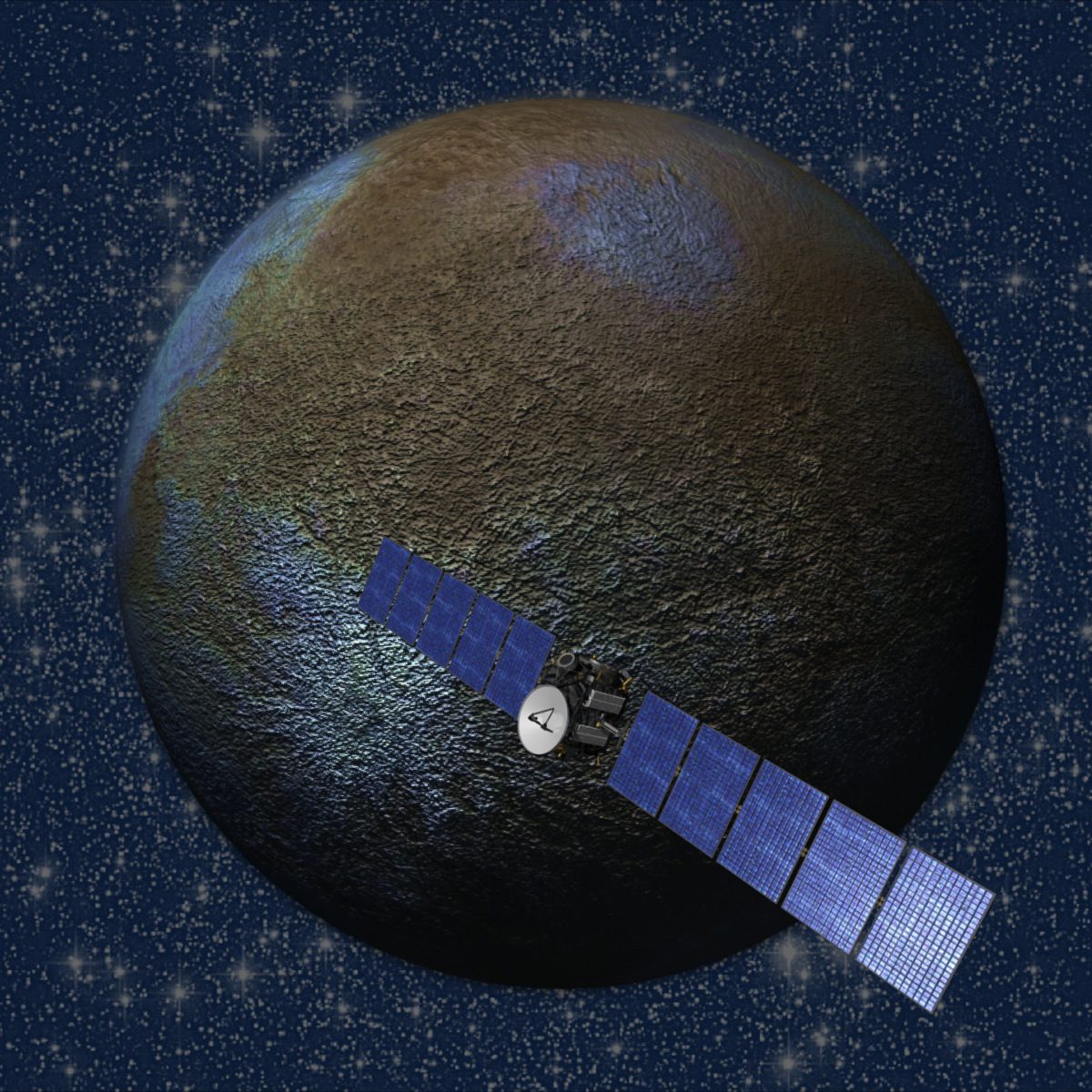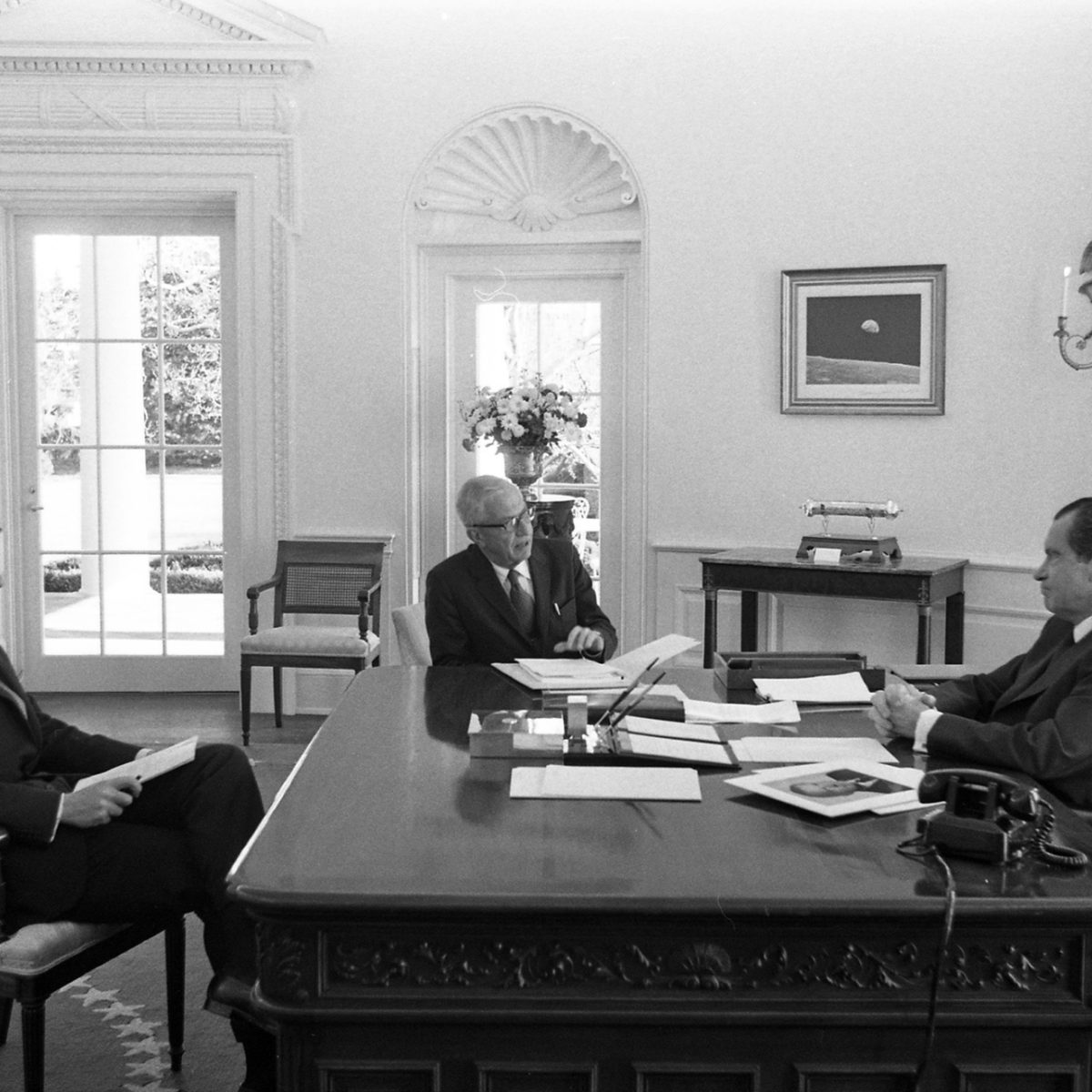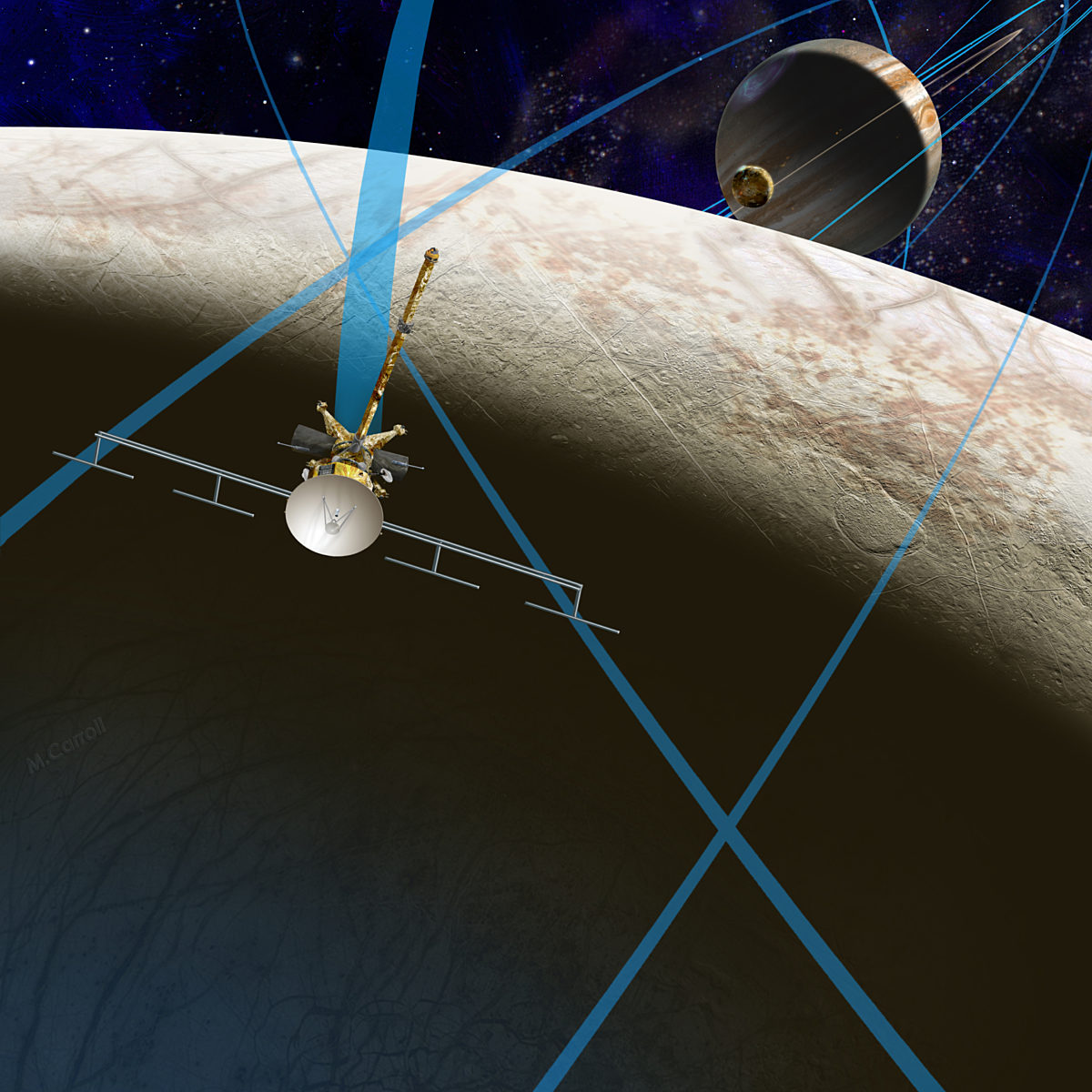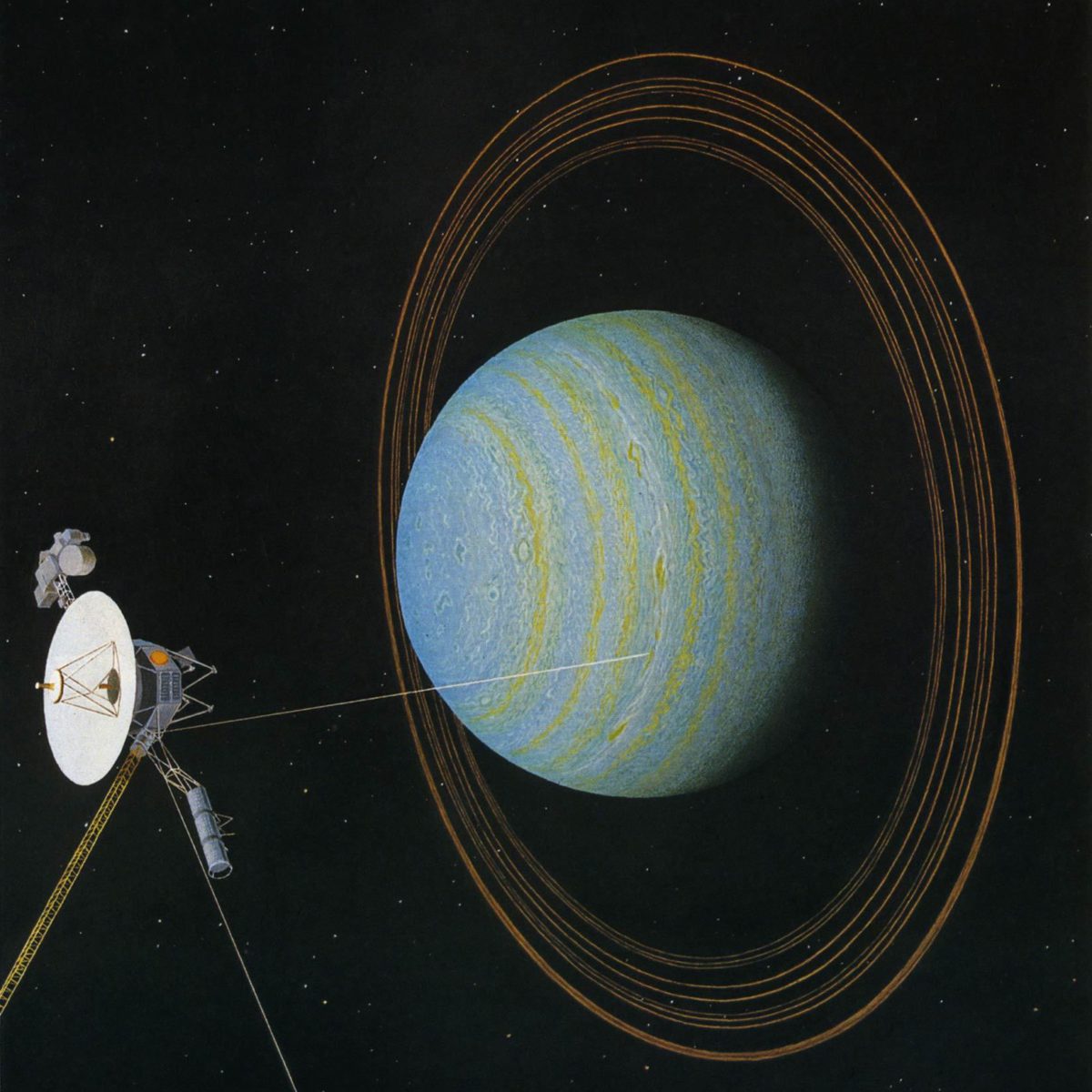All
All
Stories, updates, insights, and original analysis from The Planetary Society.
Shuttle tank, meet canal: Engineering wonders cross paths in Panama
Two modern engineering marvels crossed paths this week here in Central America, as the last unflown space shuttle external fuel tank passed through the Panama Canal during a multi-week voyage from New Orleans to Los Angeles.
Full-circle ceremony sends last shuttle tank to sea
The last unflown space shuttle fuel tank is underway to California, following a full-circle ceremony in view of hardware built for the shuttle's heavy lift successor, the Space Launch System.
The Pioneer Plaque: Science as a Universal Language
In 1972, an attempt to contact extraterrestrial life was cast into space with the launch of the Pioneer 10 spacecraft. What exactly was the message we sent into the cosmos?
Back from the Brink: Akatsuki Returns to Venus
Perhaps forgotten by the general public in the West, a long-lost spacecraft is set to enter orbit around our sister planet in December, picking up where ESA’s Venus Express left off when its operations ended last year.
Surveyor Digitization Project Hints at Long-Lost Lunar Treasures
A project to digitize more than 90,000 images taken by NASA’s five Surveyor spacecraft in the 1960s has revealed early hints of never-before-seen treasures captured by America’s first robotic lunar landers.
Desert Moon, Narrated by Former Astronaut Mark Kelly, Now Available Online
Desert Moon, a 35-minute documentary that tells the story of Dr. Gerard Kuiper and the dawn of planetary science, is now available online.
Remembering Charles Townes
Mat Kaplan honors the memory of a scientific pioneer.
Dawn Journal: History of Ceres
As Dawn looks toward the new world of Ceres, Mission Director Marc Rayman looks back on Ceres' discovery.
Want Funding? Then Be a National Priority
On Monday, Jason Callahan published an article in The Space Review discussing the importance of aligning the goals of federally funded scientific communities with national priorities. This post highlights some of the main points of the article and suggests a possible role for The Planetary Society.
When Nixon Stopped Human Exploration
Society Board Member John Logsdon describes how the decisions made by Richard Nixon in late 1969 and early 1970 effectively ended human exploration beyond Earth orbit for the indefinite future.
How Richard Nixon Changed NASA
The end of the Moon race raised the question: what, if anything, was next for NASA? The decisions made by President Nixon in the aftermath of Apollo still impact the space program today.
A Glimpse Into NASA's New History Archives
NASA's immense reference collection got a makeover at its Washington, D.C. location recently. Jason Callahan gives you a glimpse behind the scenes as guests made their way into the new rooms while enjoying good conversation and, of course, Moon Pies.
Recovery. Peak. Collapse. Planetary Science from 1990 - 2014
The history of planetary exploration repeats itself starting with a resurgent program in the 90s and 2000s that launched a new fleet of planetary spacecraft. Like our first story, this great success rewarded by deep budget cuts.
Growth. Peak. Collapse. Planetary exploration from 1959 - 1989
The first three decades of planetary exploration tell a story that sounds all-too-familiar to modern day space advocates. Growth, peak, and then collapse of hard-earned capability. This is the story of planetary science for the first half of its existence.
The Rise and Fall (and Rise and Fall) of Planetary Exploration Funding
NASA has explored the solar system since the 1960s, but it has rarely been the top priority for the space agency. Jason Callahan breaks down how planetary science has been funded over the years within NASA's larger budget.
The Birth of the Modern Universe
Amir Alexander reviews Alan Hirshfeld's newest book,
The Pivotal Discovery You’ve Probably Never Heard Of
Karl Battams highlights the historic discovery, by an Air Force satellite, of a sungrazing comet.
The Competition for Dollars
We all know NASA needs more money to achieve its goals. But competition for money is intense within the U.S. federal government, and two trends have made it harder for NASA to get what it needs.
Watch "Lunar Bridgehead," a Wonderfully Campy 1964 Film about Ranger 7
NASA's Jet Propulsion Laboratory has released a 1964 documentary on Ranger 7 in honor of the spacecraft's fiftieth anniversary.
Neil Armstrong: A Life of Flight By Jay Barbree
Mat Kaplan reviews a wonderful new biography on Neil Armstrong, written with the support of Armstrong and many of the other pioneering astronauts.


 Explore Worlds
Explore Worlds Find Life
Find Life Defend Earth
Defend Earth


 Sun
Sun Mercury
Mercury Venus
Venus Earth
Earth Mars
Mars Jupiter
Jupiter Saturn
Saturn Uranus
Uranus Neptune
Neptune Small Bodies
Small Bodies



